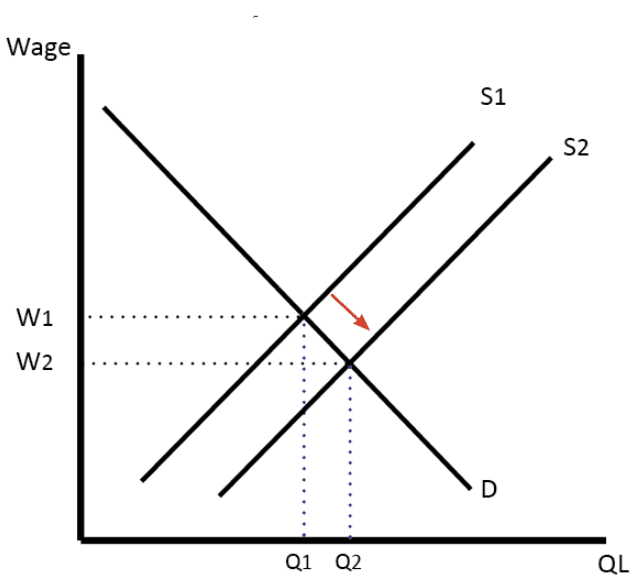Index of labour costs per hour
A new series from the ONS shows an index of labour costs per hour. (this is an experimental series and looks as if it is not seasonally adjusted) Labour costs seem to be persistently highest in Q1. Labour costs per hour are primarily comprised of 1. Wage costs per hour but also 2. Non-wage costs. …

